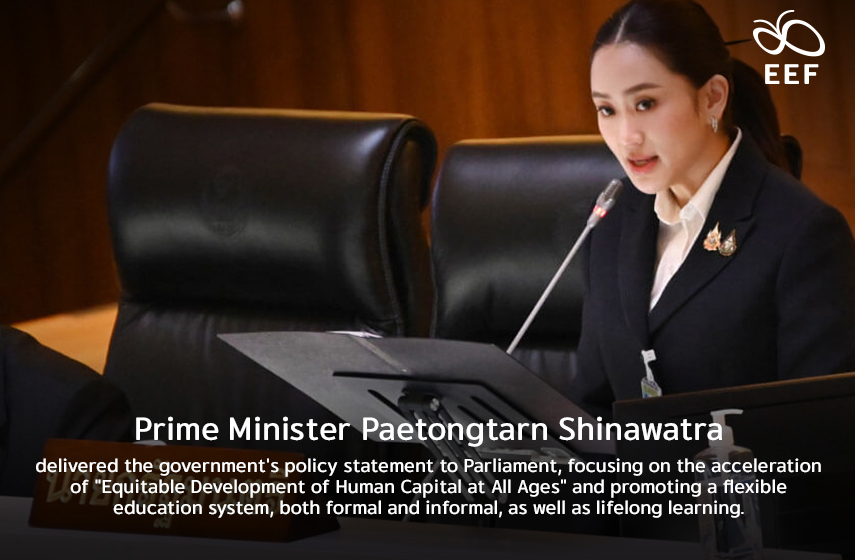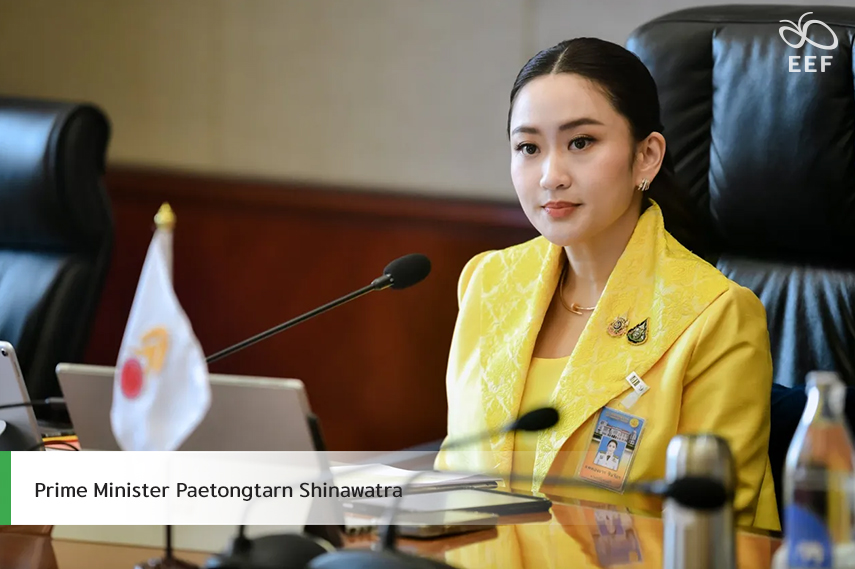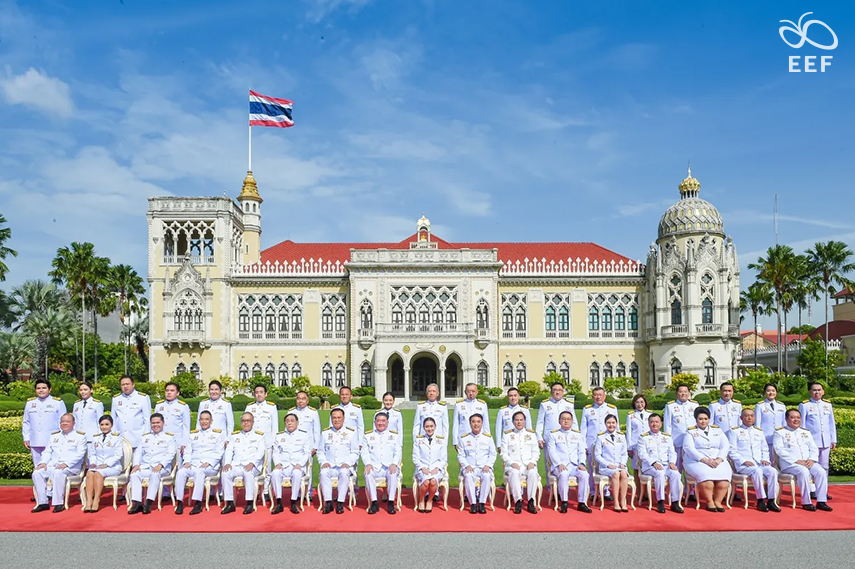
Ms. Paetongtarn Shinawatra, the Prime Minister, delivered the government’s policy statement to Parliament, reaffirming the government’s commitment to collaborate with all sectors to transform challenges into opportunities for development and to foster economic and social equity for all citizens.

In the initial part of the policy statement, the Prime Minister outlined nine challenges facing Thailand, including household debt and social inequality, the increasing proportion of elderly citizens (over 20% of the population), social security threats from drug-related activities, online crime, liquidity issues for SMEs, challenges from technological changes and foreign trade competition, global climate change, prolonged political instability due to coups, inadequate public administration responsiveness, and challenges stemming from geopolitical situations.

The Prime Minister then discussed the urgent policies the government must implement immediately to restore hope for the Thai people, which include: 1. Pushing for comprehensive debt restructuring; 2. Supporting Thai SMEs; 3. Reducing energy and public utility prices; 4. Integrating the informal and underground economies into the tax system; 5. Stimulating the economy through digital wallet projects; 6. Increasing the value and prices of agricultural products to enhance farmers’ incomes; 7. Promoting tourism; 8. Addressing drug-related issues; 9. Accelerating crime resolution; and 10. Promoting the development of human potential and providing social welfare.
In order to do so, the government will promote equitable and quality growth and development for all children. Every Thai child must have access to high-standard early childhood care centers. As they grow, they should receive an education that emphasizes the development of scientific skills, technology, and critical thinking while unlocking their potential in the arts, culture, and sports. The government will also develop a flexible education system that encompasses formal and informal education as well as lifelong learning. Modern technology will be utilized to support this initiative, addressing the potential of learners, reducing burdens, and minimizing inequalities in accessing quality education. Bilingual learning will be encouraged with the help of AI, focusing on teaching practical skills that can generate income, known as “Learn to Earn.”

The government will promote cooperation among the state, local administrative organizations, and the private sector in managing education at all levels, including identifying and assisting children and youth who have dropped out of the education system. Additionally, it will support the reform of vocational education and higher education to meet future labor demands and enhance lifelong learning.
The government will enhance the skills and unlock the potential of Thais to create jobs and generate income. It will support the development of the country’s Soft Power through initiatives like “One Family, One Soft Power” (OFOS) and establish creative design and cultural promotion centers in local areas, such as the TCDC and Thailand Creative Culture Agency (THACCA). This aims to elevate and develop the creative cultural skills of Thais to generate value, reskill existing skills, and upskill to keep pace with technological changes, ensuring that the workforce receives appropriate wages for enhanced skills, including AI application skills. The government will also encourage both public and private sector employers to maximize the potential of older people for the greatest benefit.
Read the full text of the policy statement by Prime Minister Paetongtarn Shinawatra to Parliament today by clicking here.

